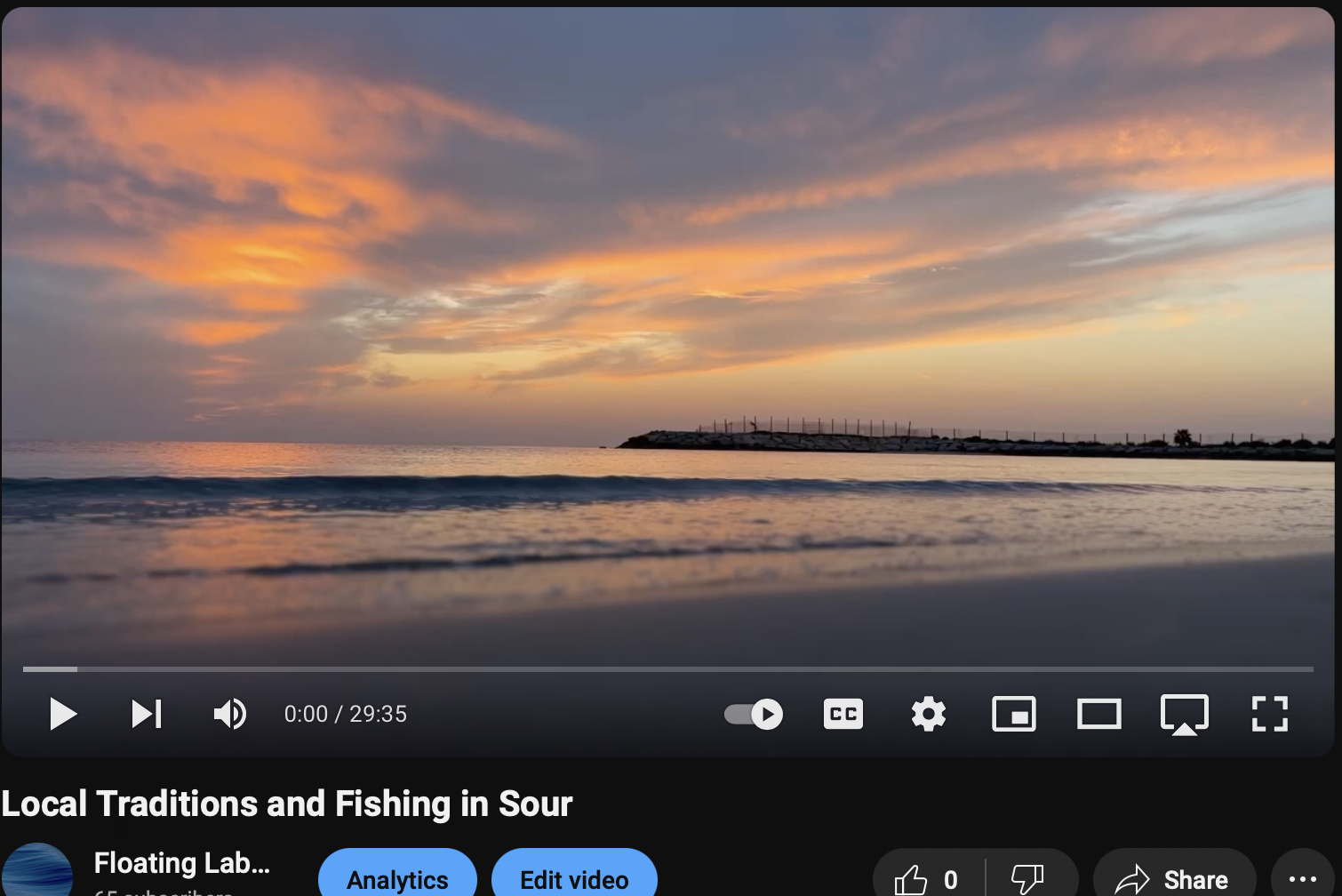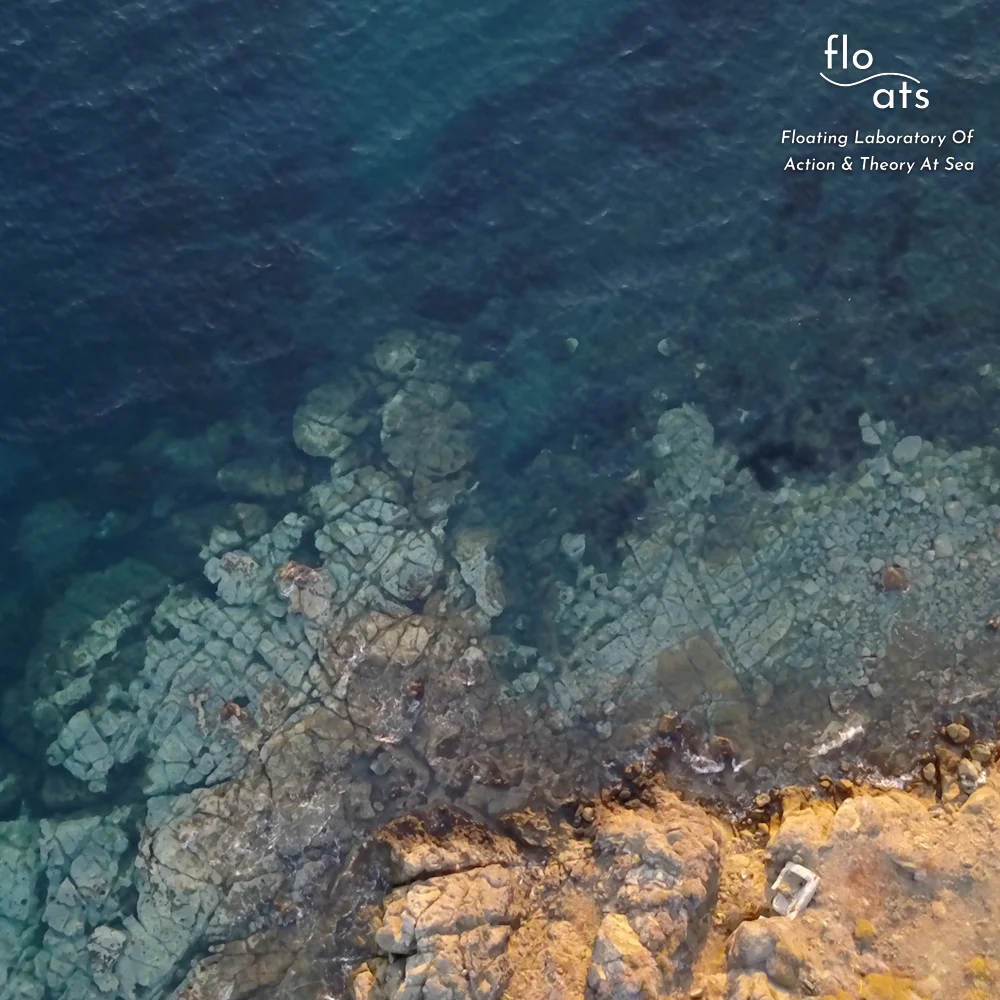With various recruitment efforts underway throughout the industry, this paper poses the following question: To what extent was there a place for women in maritime history ? The aim is to dive into the gender gap on women’s participation and their potential roles in an evolving marine and maritime industry.
Read MoreIn light of the recent Pandora Paper leak, this essay aims to examine the rise and potential fall of the offshore world. Previous literature examines several definitions and classifications of the offshore world as a geographical location, an imaginary legal realm, and as a process for the advancement of class interest. This paper considers the different characterizations and distinctions of this hidden world, through an examination of the history of its rise in relation to the sea and colonialism, and offers insights into the transformation of state relations through the lens of global connectivity and finance.
Read MoreSeafarers are often referred to as the invisible workforce. Most of us are not aware that more than 90 percent of our goods are transported via ocean routes. This is a circumstance we do not even recognise, but at the same time impacts our lives in a significant way. Showcasing by the example of the new orientation in the maritime sector in India, this paper aims to depict what importance is given to the rights of seafarers, which legal documents exist, and to what extent they are implemented and adhered to. This is conducted by introducing the example of the Indian Maritime Agenda 2010-2020. Based on the current legal framework, the Indian policy paper will be analysed subsequently. Eventually, the paper tries to show to what extent the recent trend of corporate social responsibility codes (“CSR”) is an enhancement towards better working conditions for seafarers. Finally, an analysis will be made on the Maritime Agenda 2010-2020 and its efforts towards maritime labour law, as well as its meaning for international affairs.
Read MoreAn investigation into the ways that states approach maritime chokepoints in the context of globalization through two case studies from 2018: the nationalisation of Doraleh Container Terminal and the Emirati occupation of Socotra. Bab el-Mandeb is a strait connecting the Red Sea with the Gulf of Aden. It is situated between Djibouti and Yemen, and at its narrowest is only 18 miles wide. More than 50 million tons of agricultural products and 1,750 million barrels of oil (EIA, 2017) pass through this waterway each year, making it a critical chokepoint for international trade - a status it has held since the opening of the Suez Canal in 1869. Due to ongoing instability in the region, it is ranked as one of the highest-risk bottlenecks for international trade.
Read MoreThe sea has facilitated and represented modes of movement for human beings since the beginning of time, be it the passage of bodies, products, materials or waste. More enthralling is the part it plays in the transmission of communication at distance, and it’s expediting of human connection through messaging since the foremost transatlantic communications telegraph cable relayed its first message on August 16th 1858. In this report, I interrogate the politics and interchanging narratives that ensue once these massive fiber optic cables reach the land from the ocean, specifically considering the case of Lebanon in which one can distinctly observe the treadmill syndrome through which developing countries attempt to keep up with the technological advances of the world.
Read MoreAs the oceans continue to rise, these spaces persist as highly politicized in nature. The relationship between land and sea is at the forefront of this emergent discourse which attempts to address the conundrum of global ocean governance.
Read MoreThis workshop was made possible by the generous sponsorship from the Stavros Niarchos Foundation and the Center for Science and Society and the Department of History at Columbia University.
Read More






